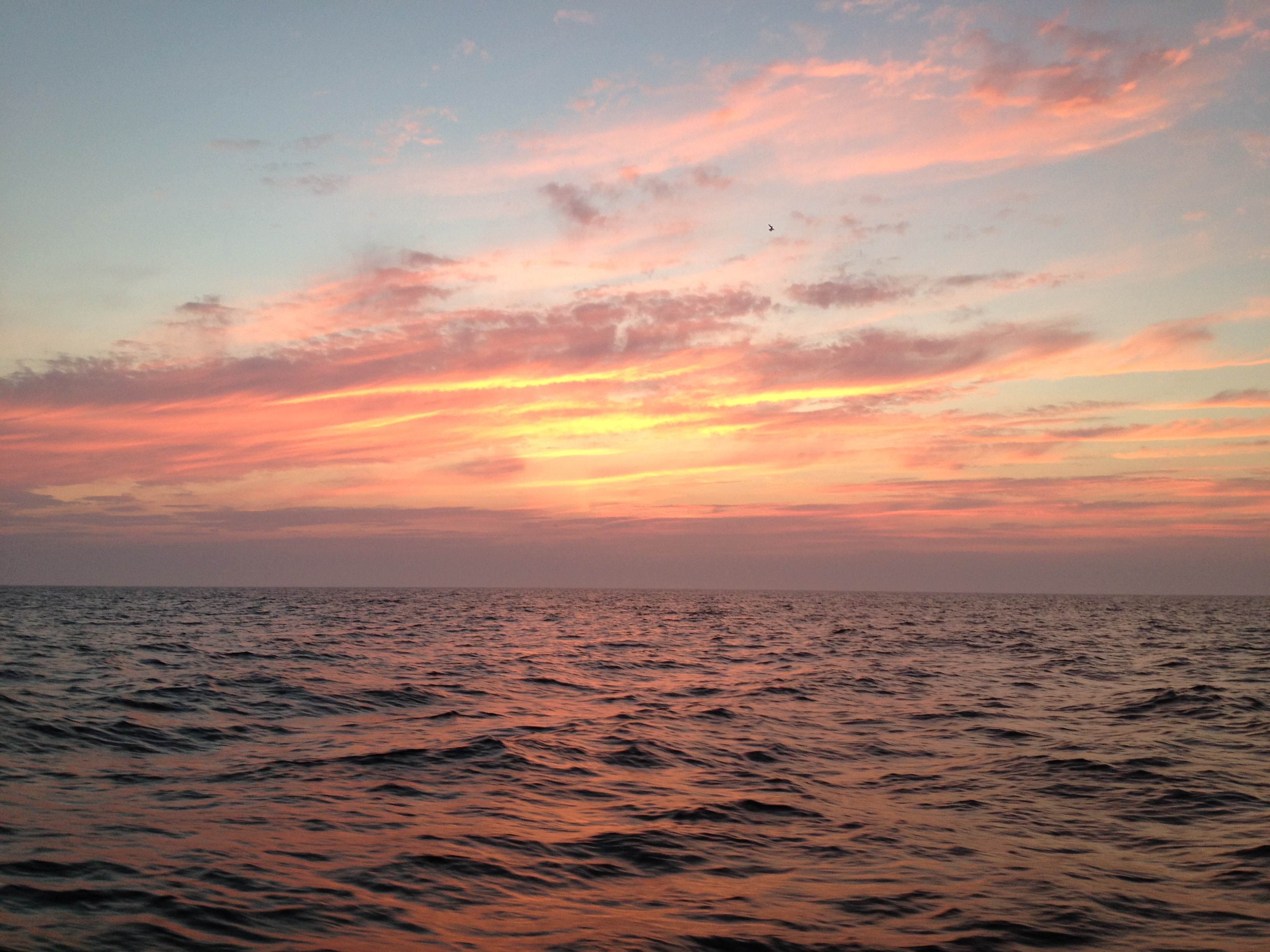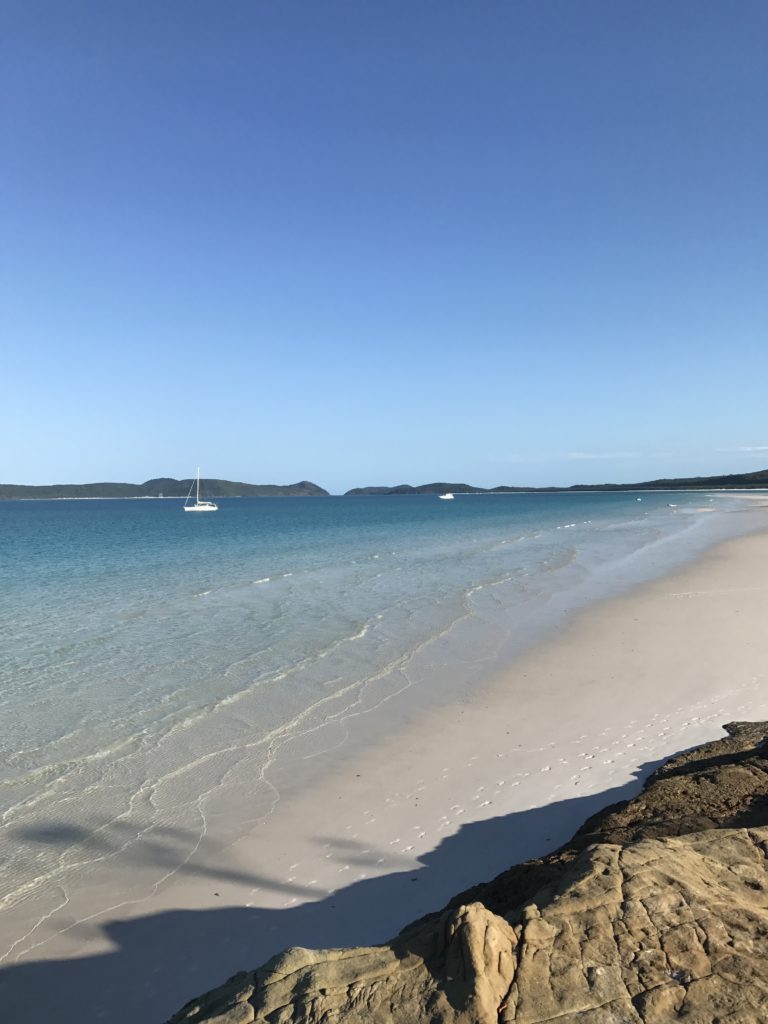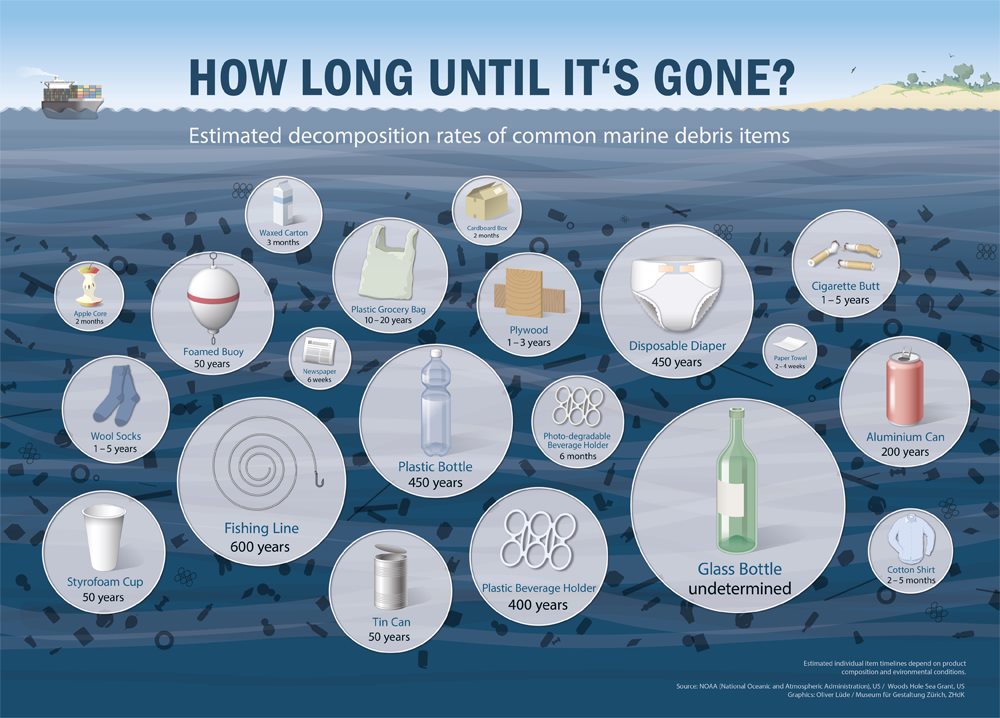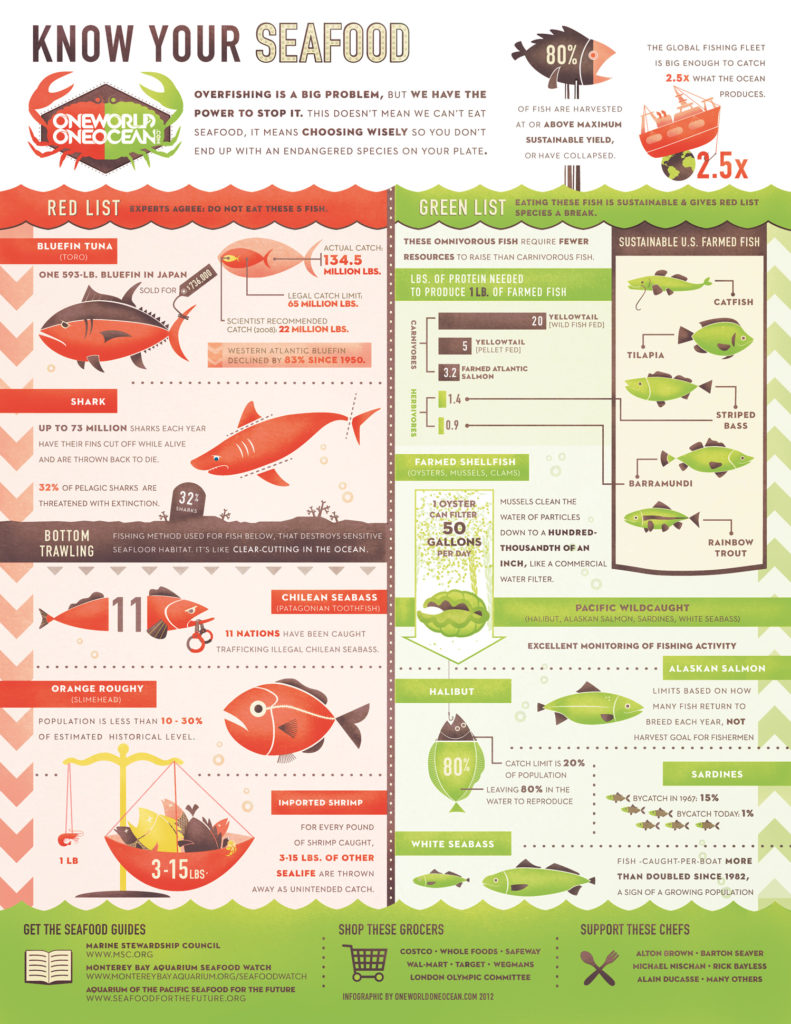
22 Apr Earth Day – What Sailors Can Do
Earth Day is especially meaningful for sailors. About 71 percent of the Earth’s surface is covered by water. For most of us the ocean is our playground, and sometimes even our home. We love it, curse it, romanticize it, write about it, dream about it, and sing about it. As Hermann Broch famously wrote, “Those who live by the sea can hardly form a single thought of which the sea would not be part.”

Crystal clear waters and pristine beach in Australia’s Whitsunday Islands, a haven for sailors.
But we don’t have to look far on this Earth Day to see that the oceans are in trouble. The double threats of pollution and climate change are impossible to ignore. Huge gyres of plastic collect in the oceans. Sea levels are rising to the point where cities and even whole countries are threatened. Large swaths of coral reefs – some of the most diverse and valuable ecosystems on earth – are being bleached at an alarming pace. Marine life is literally choking on plastic.
It’s easy to feel overwhelmed by all of this. The problems seem huge and unyielding. It’s hard to know where to start. But as sailors, each of us, in our own small way, can make a difference. And we owe it to ourselves, and to the oceans, to try. Here are five ways you – yes you, sailor! – can make an impact.
Say “NO” to single use plastics
Plastic bags, bottles and straws make up a large percentage of ocean trash. Every year, 8 million metric tons of plastic makes its way into our oceans. And once there, plastic bags take about 20 years to decompose; plastic bottles require a staggering 450 years. According to Ocean Crusaders, shoppers worldwide use about 500 billion single-use plastic bags per year. Let that sink in for a minute – that’s about 150 bags per year for every person on earth.

Source: NOAA
Luckily, this is an area where we can make changes. Many cities and even some countries have moved to either ban plastic bags or tax their use. In 2002, Ireland introduced a tax of € .15 per plastic bag. Within a year the use of plastic bags in Ireland decreased by 90%. But even where there is no ban or tax, we still can and should take action. Use reusable shopping bags and water bottles, and say no to plastic straws. It’s a matter of making it a habit to carry your reusable items with you. We’ve challenged our racing team to be plastic-free this year; anyone who breaks the rule buys the drinks!
Mind your carbon footprint
Carbon dioxide from burning fossil fuels is making our oceans more acidic. Luckily, sailing is one of the most eco-friendly means of travel. But when you’re not on a boat, there are lots of simple ways you can reduce your energy use. Walk, bike, or take public transportation when possible. Set your thermostat a few degrees lower or higher, depending on the season. Use high efficiency appliances, and turn them off when they’re not in use. Switch to compact fluorescent bulbs.
Eat sustainable seafood
Overfishing and climate change have greatly impacted the viability of many fish species. By choosing to eat sustainable seafood, we can support the long term health of those fish and the ocean. So, what is sustainable seafood? It’s seafood that is either caught or farmed in ways that consider the long-term vitality of the species and the well-being of the oceans – as well as the livelihoods of the communities that depend on them. One World One Ocean’s “Know Your Seafood” initiative can help you make good choices.

Source: One World One Ocean
Support ocean conservation organizations
In other words, put your money (and time) where your mouth is. Donate to fund programs that matter to you. Volunteer for coastal cleanups. There are lots of organizations that do everything from ocean conservation to fish sanctuary preservation to protecting coral reefs. Some of the ones with the highest ratings from Charity Navigator are Ocean Conservancy, Oceana, the Coral Reef Alliance, and the World Wildlife Fund. We also like the mission and work of Sailors for the Sea, especially their programs for Clean Regattas and Green Boating.
Vote responsibly
Last but not least – this is something we can ALL do. If the oceans matter to you, then vote for people who support action against pollution and climate change. Educate yourself about the issues and where candidates stand. Speak up for initiatives that matter. Across the world for Earth Day, millions of people are marching to show that the environment matters, and to demand that our elected leaders pay attention. Our individual efforts are multiplied many times over when supported by good policy and regulation.
Earth Day is everyday
Bottom line, as sailors we have a huge part to play in the protection of our earth and oceans. And we do that by making it a priority every day, not just one day a year on Earth Day. So what will you pledge to do to protect our mother ocean?
p.s. Did you know there is also a World Oceans Day? This year it’s on June 8.
12° West is committed to doing our part for the environment. We research all of our suppliers and source environmentally friendly producers and materials whenever possible.
For example, the wicking and anti-microbial properties in many of our tech tops are created by treatment with chitosan, a biodegradable substance derived from the crushed up shells of crabs, shrimp and lobster. We choose fabrics that are woven in a way that sheds fewer microplastics. All of the fabrics we use are OKEO-TEX® Standard 100 certified – a worldwide independent testing & certification system that tests for harmful substances used during all stages of production.
We manufacture our goods locally to cut down on our carbon footprint. Working with our cutting room and factories, we recycle fabric scraps via the local non-profit FabScrap. And most importantly – we create garments that last and don’t have to be replaced every season. Which is not so great for us from a sales standpoint, but it’s the right thing for our customers and our earth.
For more on the values behind our brand, read What We Stand For.
